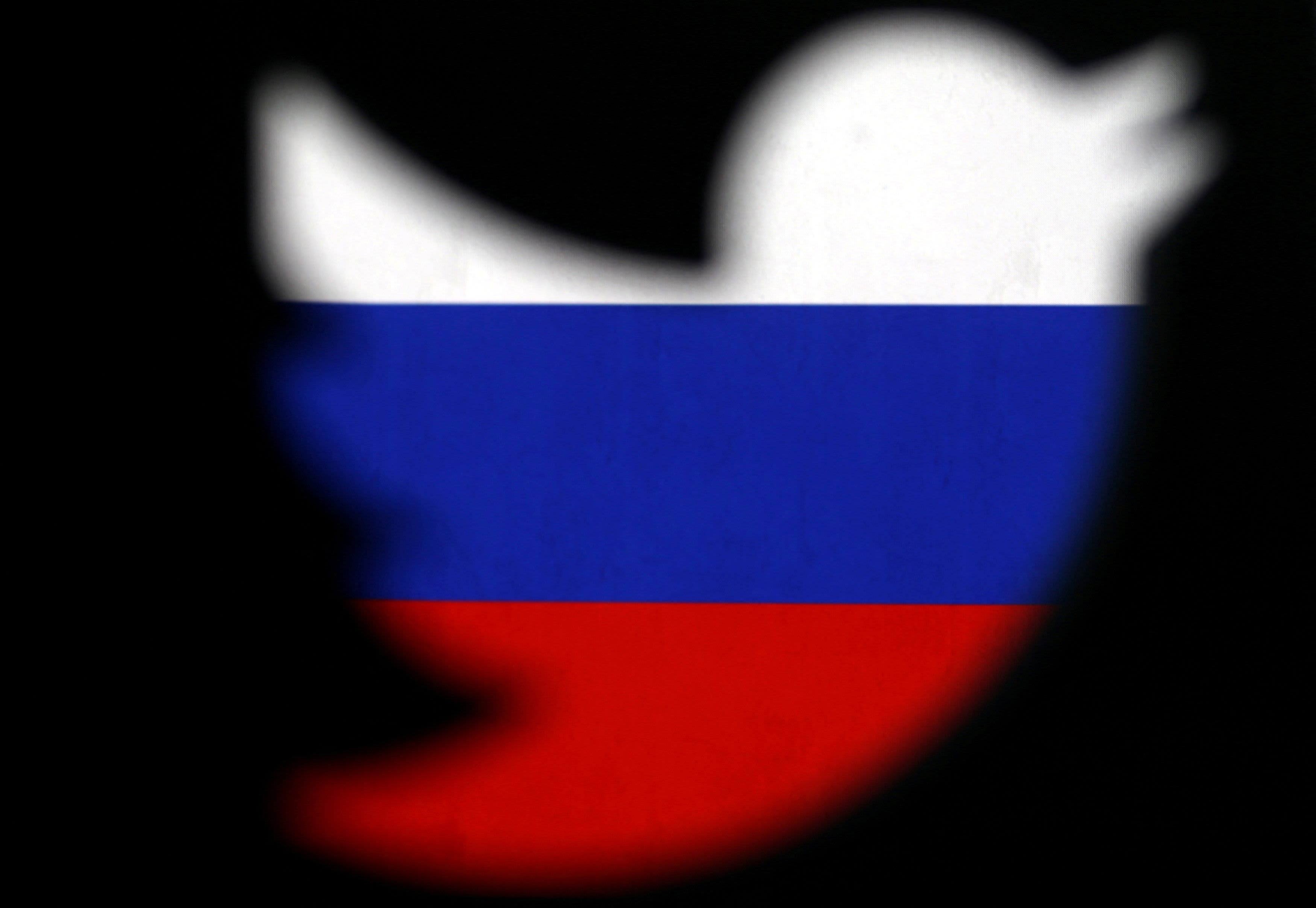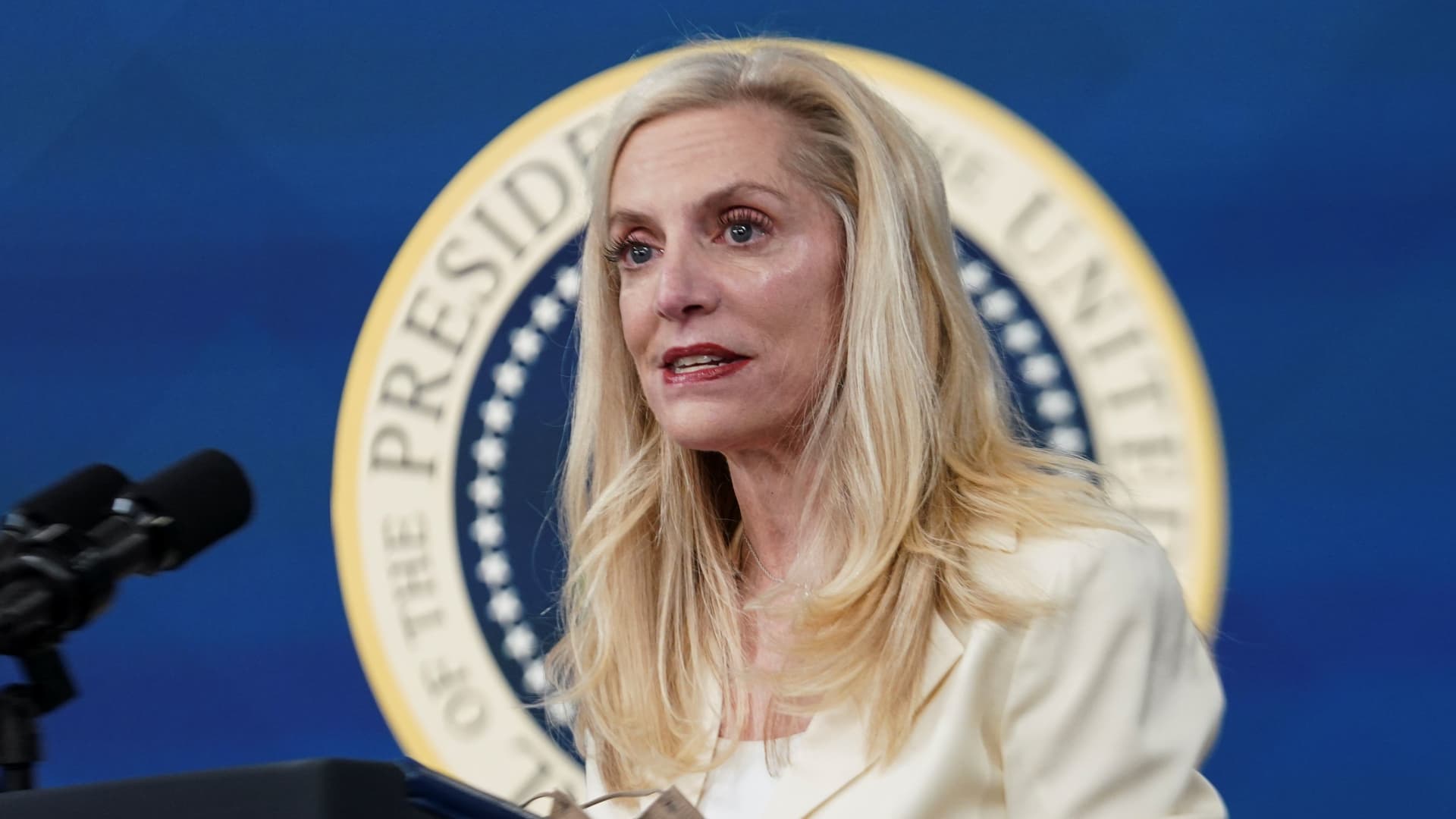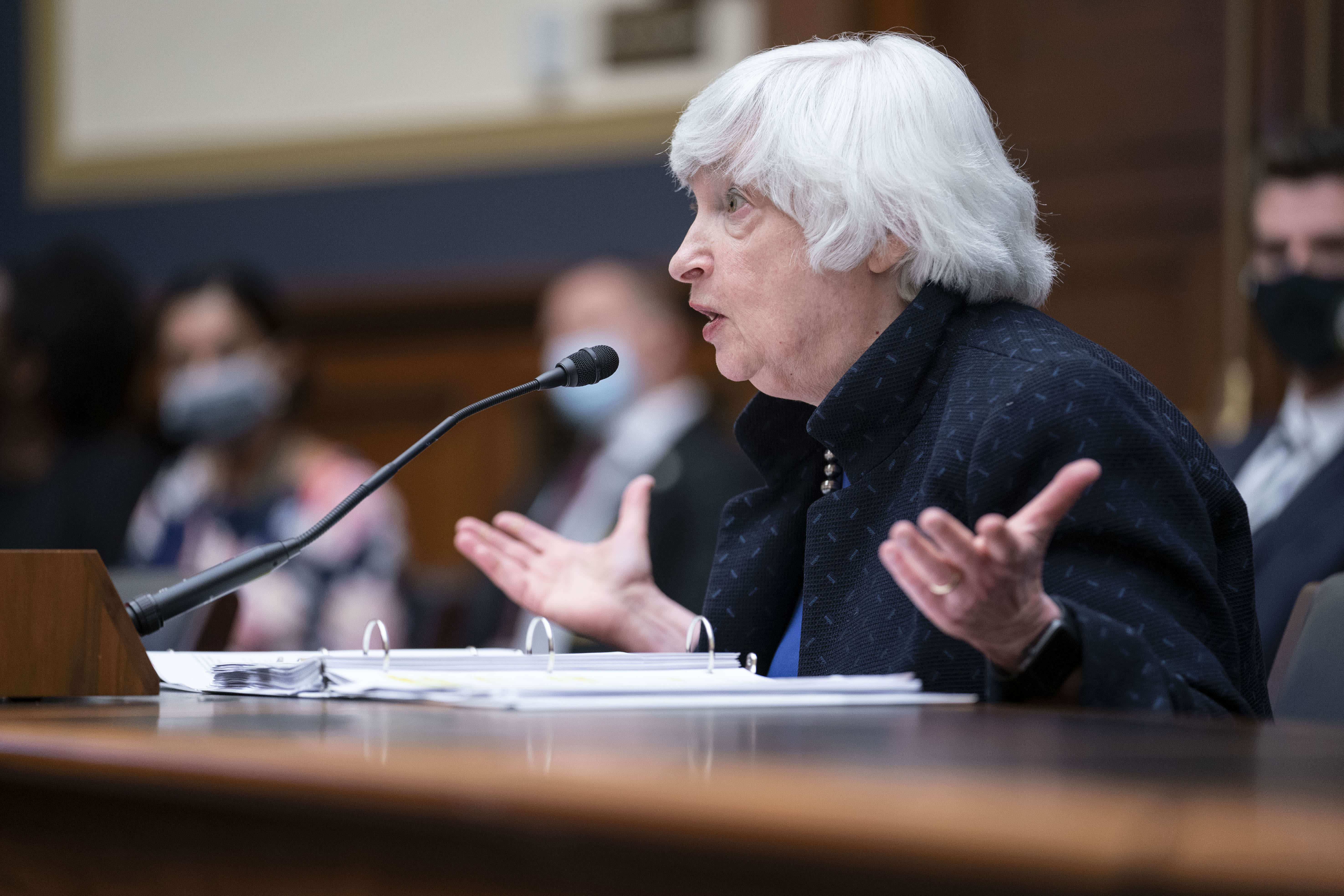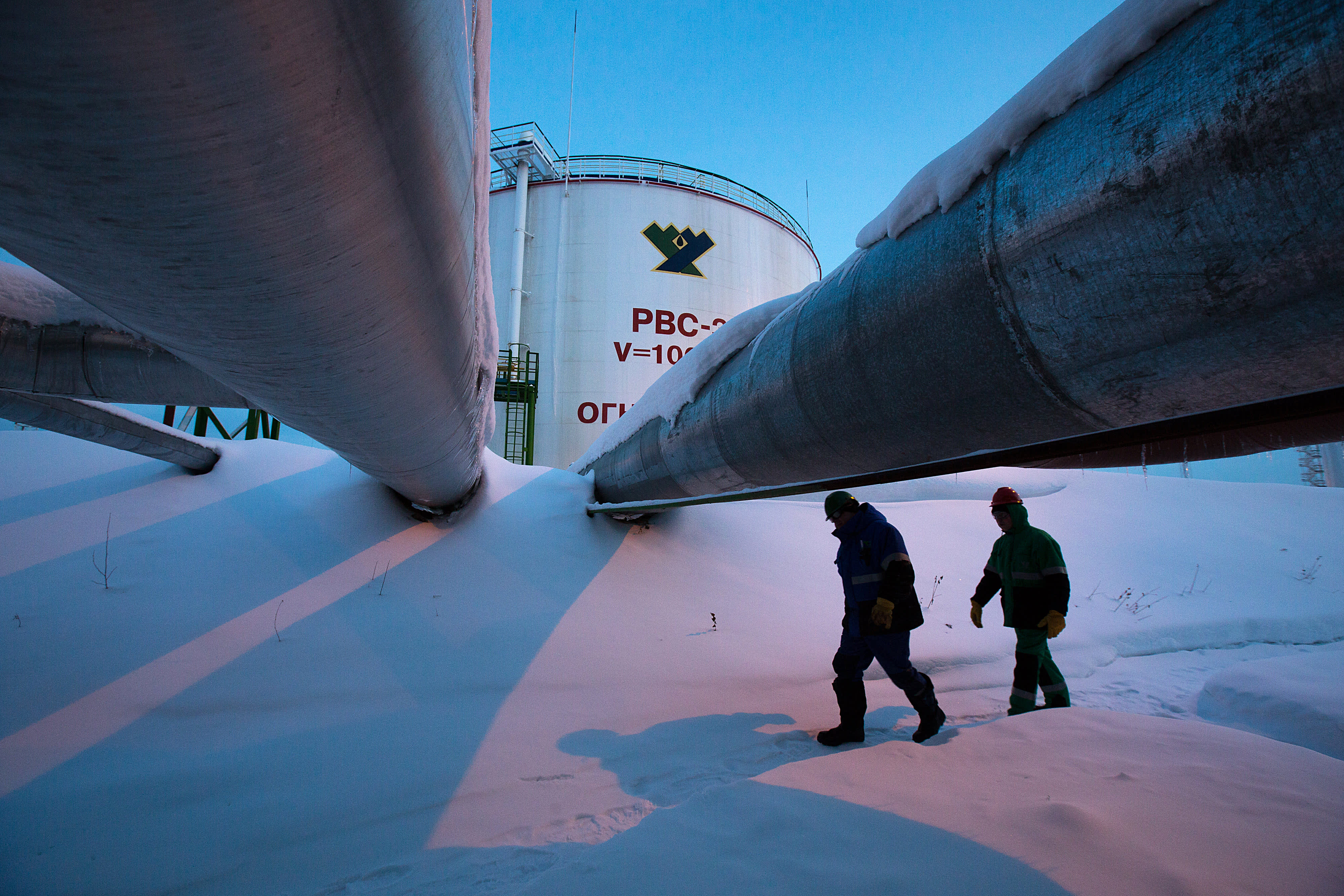Finland has walked a political tightrope between Moscow and the West for decades. But that could be about to end
Finland could be about to announce that it's joining the military alliance NATO — in what would mark a dramatic U-turn for its foreign policy.
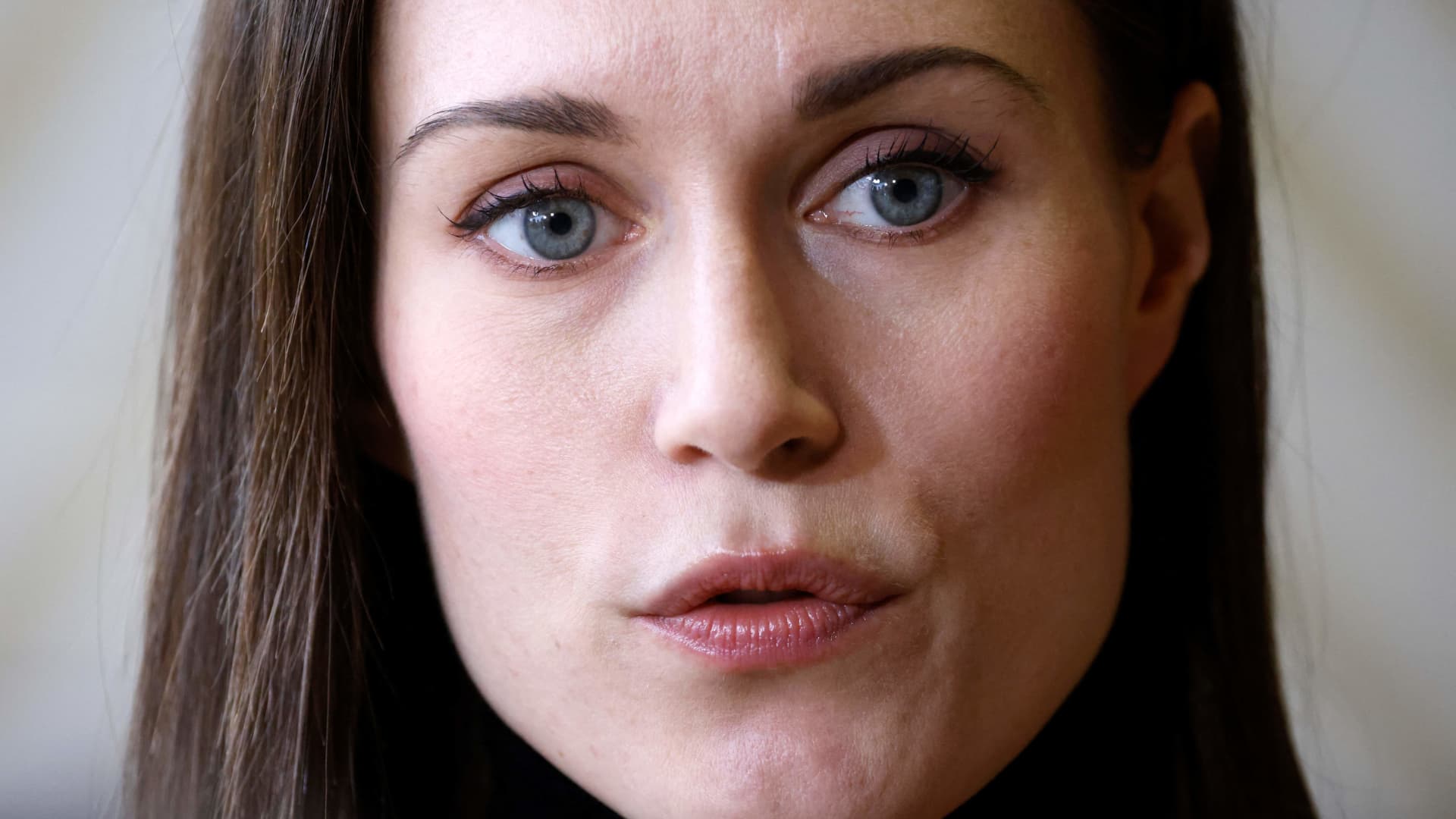
Finland's Prime Minister Sanna Marin has said that her country will be deciding on whether to join NATO within weeks. This could also propel neighbouring Sweden to do the same.
Ludovic Marin | Afp | Getty Images
Finland could be about to announce that it's joining the NATO military alliance — in what would mark a dramatic U-turn for its foreign policy and potentially anger Russian President Vladimir Putin.
The Nordic nation shares an 808-mile land border with Russia and has carefully walked a foreign policy tightrope between Moscow and the West for many decades. Finland adopted a neutrality policy during the Cold War, meaning it would avoid confrontation with Russia. And in the early stages of World War II, the Finns successfully repelled a Soviet invasion in what became known as the "Winter War."
But its long-standing neutrality, cherished by many Finns, could be about to end due to Russia's unprovoked invasion of Ukraine.
Jacob Kirkegaard, a senior fellow at the German Marshall Fund of the United States, told CNBC that Finland's accession to NATO would put an end to the idea of "forced neutrality between East and West."
"This highlights how Russia's atrocious actions in Ukraine have forced previous neutral countries to commit fully to NATO in the 'you are either fully with us, or we will not protect you,'" he said.
Russia has repeatedly stated it's against any enlargement of NATO, which was one of the reasons given by the Kremlin for its invasion of Ukraine. Volodymyr Zelenskyy, the president of Ukraine, had been vocal about his desire to join the alliance before the invasion, but has since conceded that it's now unlikely.
Public opinion
So far, NATO nations (with 30 members in total) have supported Ukraine with military equipment, but they have refused to send troops as this would effectively put Russia and the West at war. One of the guiding principles of NATO is that an attack on one member is considered an attack on all of them.
"I won't give any kind of timetable when we will make our decisions, but I think it will happen quite fast," Finland's prime minister, Sanna Marin, said last week, adding that her country's NATO membership would be decided "within weeks."
Opinion polls show that since Russia's invasion of Ukraine on Feb. 24, a majority of Finns are now in favor of joining NATO. Former Finnish Prime Minister Alexander Stubb said Thursday that "definitely" Finland would be applying for NATO membership in mid-May.
NATO would likely benefit from Finland's geographical location and military capabilities. Its secretary-general, Jens Stoltenberg, has already said the country would be warmly welcomed.
Risks
But, at the same time, Helsinki is also aware of the risks in joining the alliance.
In a report to the Finnish Parliament in mid-April, the country's Foreign Ministry said, "If Finland applied for NATO membership, it should be prepared for extensive efforts to exercise influence and risks that are difficult to anticipate, such as increasing tensions on the border between Finland and Russia."
Russia has said it would have to "rebalance the situation" if Finland's NATO membership were to go ahead.
Perhaps, even more importantly, Finland's bid to join NATO could also push Sweden to do the same.
Speaking last month, alongside her Finnish counterpart, Sweden's prime minister, Magdalena Andersson, said her country was doing the same analysis as Finland.
"Finnish entry into NATO will see also traditionally more reluctant Sweden join at the same time. This ends several centuries of neutrality for Sweden and adds to NATO a major military power and arms producer," Kirkegaard also said.
Correction: The Finnish and Swedish prime ministers spoke last month. An earlier version misstated the timing.

 Tekef
Tekef 








